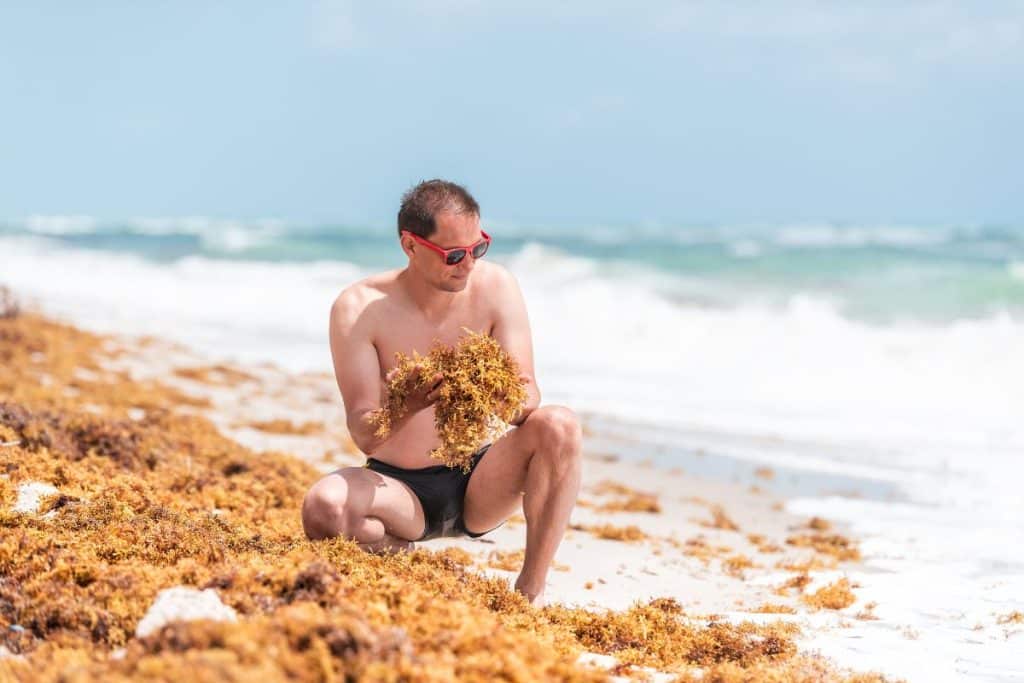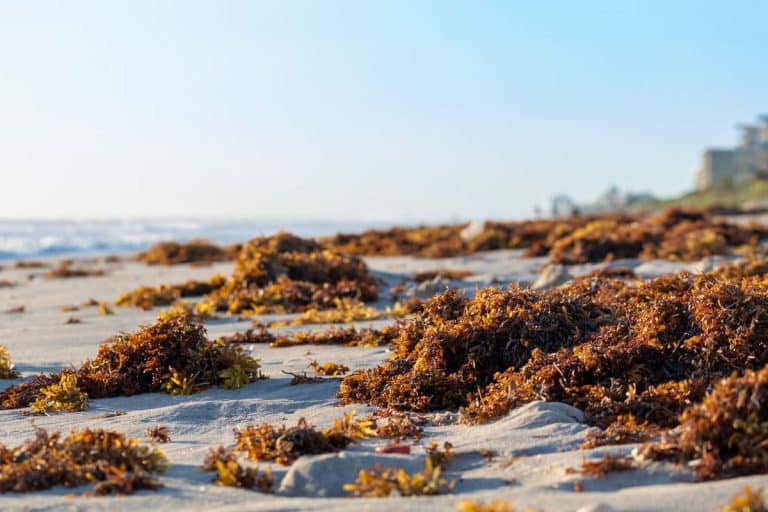Researchers have made a worrying discovery that the seaweed blob that is currently piling on Florida’s coast could carry flesh-eating bacteria. Scientists warn that the blob could contain pathogens that could have devastating effects on both public and marine health.
Scientists warn that Sargassum acts as a habitat for marine life and can potentially carry debris and plastic in its path when it makes it way to the shores. Florida’s warm weather favors the survival of Vibrio bacteria in the blob, which can significantly increase the risk of flesh-eating inflammations.
Scientists warn beachgoers to stay away from the seaweed to safeguard their health. Research didn’t reveal the presence of main bacteria species in the samples taken, but they did reveal the presence of new types of bacteria with similarities in genetics to vibrio bacteria.

Vibrio bacteria are present in many global waters and is a key cause of death in marine life and humans. The issue is not the seaweed but the plastics that may be present; vibrio bacteria possesses the capabilities of living in microplastics and this means that they may have the ability to adjust to plastic.
Fish that consume plastic may suffer from infections caused by Vibrio bacteria, which can lead to leakage in their gut. This could lead to the release of phosphate and nitrogen, which stimulates the development of Sargassum.
Even if the seaweed doesn’t contain any flesh-eating bacteria, it still poses a significant health risk to humans. Hydrogen sulfide gas could be released, leading to throat and eye irritations.
The Florida Department of Health has released a statement cautioning people against swimming or making contact with the seaweed blob. This seeks to prevent any possible infections caused by the Vibrio bacteria.
Caution is essential for beachgoers as bacteria can enter their bodies if they have minor wounds like scratches, scrapes and cuts. Infections may have severe consequences even though the occurrence of an infection is significantly low.

